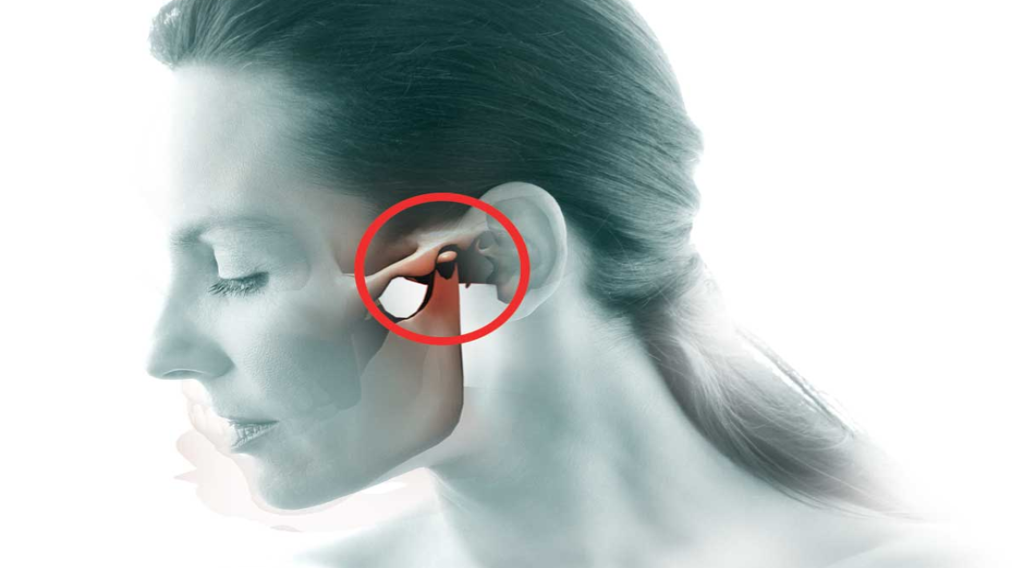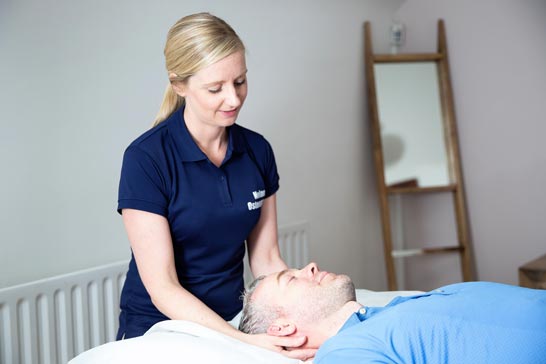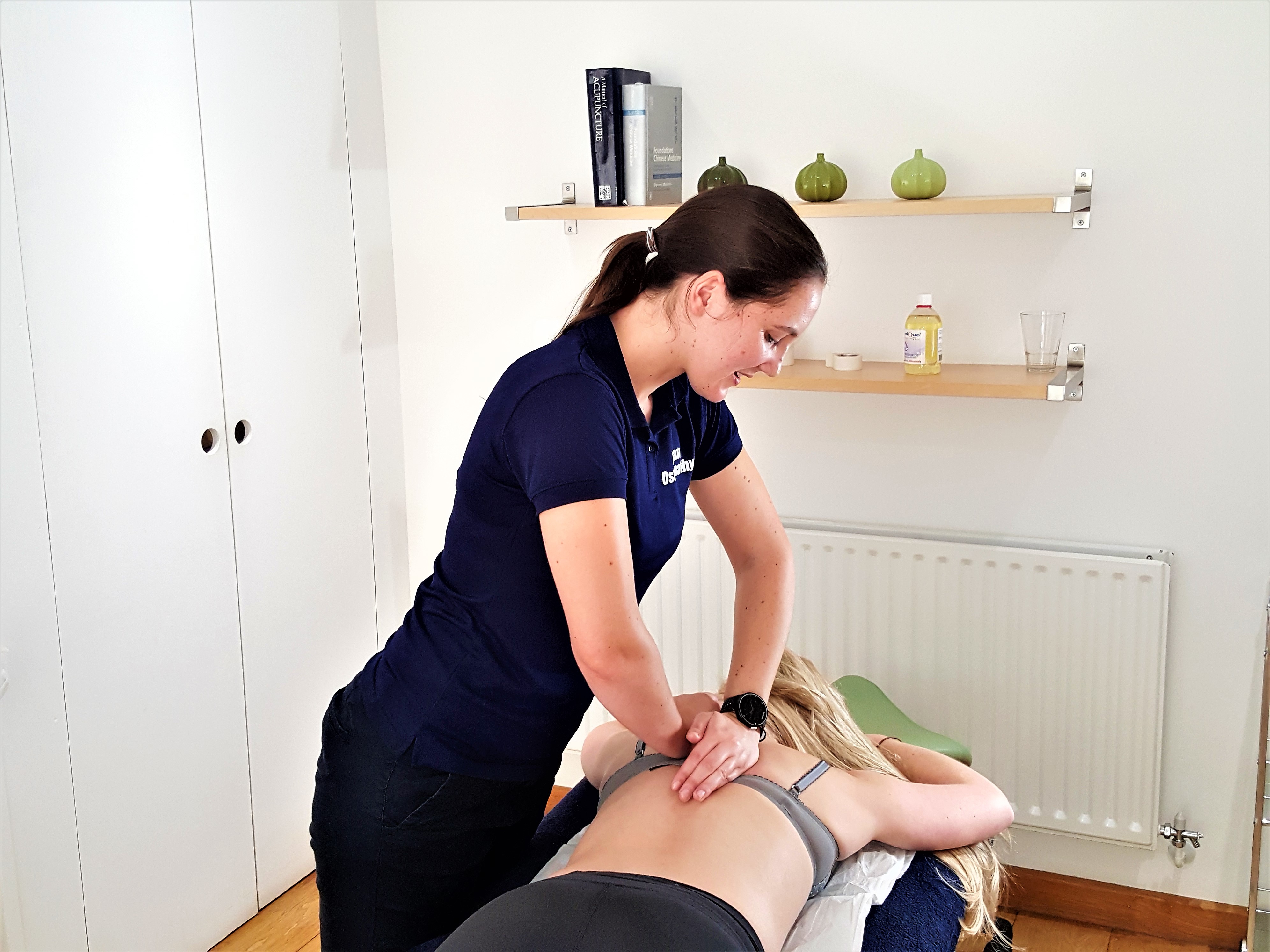Jaw Pain – Helpful Information about Temporomandibular Joint Disorder (TMD)
March 19, 2016
Maria Nolan

Jaw pain can be extremely uncomfortable and can be caused by a condition called Temporomandibular Joint Disorder (TMD). Your doctor may refer to this condition as myofascial pain disorder. It is usually not serious, but it can have a significant impact on someone’s quality of life.
What is TMD?
Your temporomandibular joint (TMJ) is more commonly known as the jaw joint and is located at the side of your face, just in front of your ear and connects the lower jaw to the skull. When this joint suffers an injury or is damaged, it can lead to a localised pain disorder called TMD. It is actually more common than you think, with the NHS estimating that around 30% of the UK population will experience TMD at some point in their lives.
It is very possible you may be suffering with TMD it if you have any of the following symptoms;
- pain in the side of the face/jaw area
- a clicking or popping noise when you chew or move your mouth
- popping sounds or a buzzing/blocked sensation in your ears
- sore or stiff jaw muscles
- locking of the jaw joint
- headaches and migraines
- pain in other areas of the body, especially in the neck and back
What causes it?
For most people, one or more of the following can cause TMD;
- Bruxism – grinding your teeth or clenching your jaw, especially while asleep. This overworks the jaw muscles and increases the pressure on the jaw joint. Stress is very often the problem here
- Osteoarthritis – this can accelerate the wear and tear of the inside of the jaw joint
- Injury to the jaw joint – due to a blow to the face or surgery
- An uneven bite – this can sometimes happen after new fillings, dental crowns or dentures have been fitted
- Certain diseases – TMD is sometimes linked to diseases such as gout, fibromyalgia and rheumatoid arthritis
Treatment for TMD?
Most people with the symptoms described above will go to see their GP or dentist first for diagnosis and to discuss treatment options. Taking over-the-counter painkillers can help in the short term but they may not fix the problem in the long term.
Seeking the help of a qualified physical therapist, such as an osteopath or physiotherapist, can make a noticeable difference to your symptoms as they will be able to determine what is causing the problem and advise you on the most appropriate treatment plan. Your osteopath may manipulate or articulate the jaw joint and massage the muscles around the affected area. Medical acupuncture (dry needling) can also be very effective in treating TMD.
Other self-help tips
These self-help measures may help manage TMD:
- Eat soft food as much as possible and AVOID chewing gum
- Massage the muscles around the jaw joint
- Do gentle jaw-stretching exercises daily. An osteopath will recommend the appropriate exercises
- Avoid opening the jaw joint too much or clenching your teeth until your symptoms have improved
- Avoid resting your chin on your hand
If you have any questions or would like to find out more about TMD, please feel free to call us on
01491 281 972 (Henley Clinic)
or
01635597290 ( Thatcham Clinic)
or email
enquiries@nolanosteopathy.co.uk
and we’ll arrange for you to speak to one of our highly qualified and fully insured osteopaths.
Thanks for reading.
Maria





